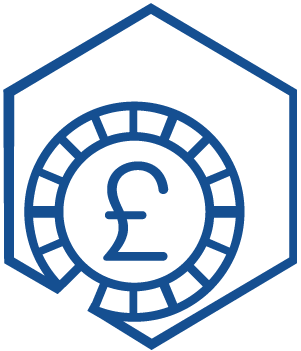For many problem gamblers, it’s not quitting gambling that’s the biggest challenge, but rather staying in recovery making a permanent commitment to stay away from gambling. The Internet has made gambling far more accessible and, therefore, harder for recovering addicts to avoid relapse. Online casinos and bookmakers are open all day, every day for anyone with a smartphone or access to a computer. But maintaining recovery from gambling addiction or problem gambling is still possible if you surround yourself with people to whom you’re accountable, avoid tempting environments and websites, give up control of your finances to a family member or friend (at least at first), and find healthier activities to replace gambling in your life.
Making healthier choices
One way to stop gambling is to remove the elements necessary for gambling to occur in your life and replace them with healthier choices. The four elements needed for gambling to continue are:
A decision: For gambling to happen, you need to make the decision to gamble. If you have an urge: stop what you are doing and call someone, think about the consequences to your actions, tell yourself to stop thinking about gambling, and find something else to do immediately.
Money: Gambling cannot occur without money. Get rid of your credit cards, let someone else be in charge of your money, have the bank make automatic payments for you, close online betting accounts, and keep only a limited amount of cash on you in person.
Time: Even online gambling cannot occur if you don’t have the time. Schedule enjoyable time for yourself that has nothing to do with gambling. If you’re gambling on your smartphone, find other ways to fill the quiet moments during your day.
A game: Without a game or activity to bet on there is no opportunity to gamble. Don’t put yourself in tempting environments. Tell gambling establishments you frequent that you have a gambling problem and ask them to restrict you from entering. Remove gambling apps and block gambling sites on your smartphone and computer.




 The NHS App gives you a simple and secure way to access a range of NHS services on your smartphone or tablet.
The NHS App gives you a simple and secure way to access a range of NHS services on your smartphone or tablet.
